
The manufacturing sector is enjoying a renaissance under President Donald Trump and his economic policies. According to our friend Chuck DeVore of the Texas Public Policy Foundation, manufacturing jobs grew at a 714% faster rate during Trump’s first two years than during President Obama’s last two years.
Trump plays hardball with foreign countries and has concentrated his energy and rhetoric on helping American workers. It shows. The National Association of Manufacturers reports “that its ‘Manufacturers Optimism’ level averaged 88.7 percent, up from 64.3 percent in 2016, or a 37.9 percent increase over the past 24 months.”
There is still more the Trump administration can do on trade policy.
Many conservatives are supporting the Kigali Amendment to the Montreal Protocol, which I have written about before. On the surface, the proposal may sound a bit too multilateral for Trump, but recall that the Montreal Protocol itself is a Reagan-era policy. As, Iowa conservative activist Gloria Mazza writes in the Des Moines Register:
The Kigali Amendment is an update to the Montreal Protocol, which is a trade agreement originally ratified during President Ronald Reagan’s final year in office. The Kigali Amendment is related to heating, ventilation, air-conditioning and refrigeration (HVACR). The United States has traditionally been a leader in this industry and ratification of the Kigali Amendment will help ensure we maintain that position in the decades to come.
In the next 10 years, the market for these products globally is likely to double as population continues to grow and demand for air-conditioning and refrigeration grows with it. American companies are at the forefront in developing the next-generation technologies that will be used in these products in coming years. If ratified, the Kigali Amendment will help accelerate that shift and spur meaningful job growth here at home.
In fact, a recent study found that this trade agreement would create 150,000 new American jobs, including 33,000 in the manufacturing sector alone. Even with a strong economy and low unemployment, this type of economic growth will be absolutely critical to communities, workers, and businesses across the country.
Mazza’s point is that by signing onto the Kigali Amendment, the Trump administration could essentially require foreign countries to use American-made HVACR products. This is an international agreement that advantages the U.S. – precisely the kind of agreement President Trump is looking for.
What’s more, as South Carolina’s Treasurer Curtis Loftis has pointed out, the Kigali Amendment would give the U.S. more ammunition to halt Chinese cheating in this space. Loftis writes:
If that’s not enough, Kigali also provides additional tools to hold China accountable. Chinese firms have been repeatedly caught dumping cheap HFC blends into our domestic market. Kigali ratification would help put a halt to this practice and level the playing field.
The Kigali Amendment will help American manufacturers and will create American jobs. It also puts shackles on the Chinese. It would be smart for President Trump to send this treaty to the Senate, where Republicans have already said they are eager to ratify it.


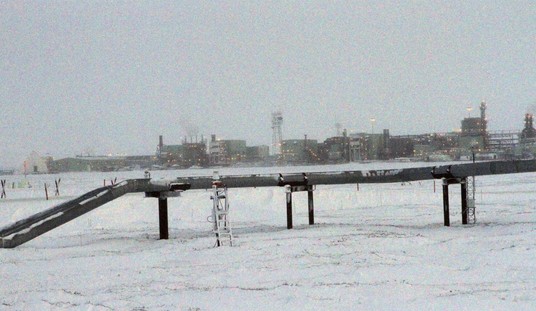
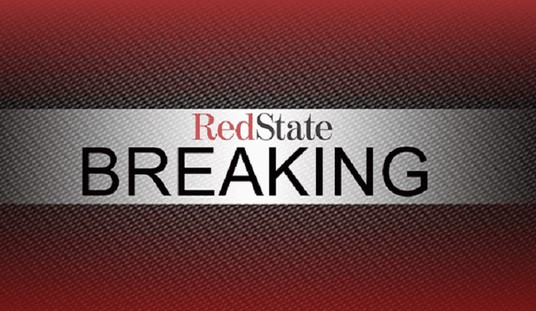
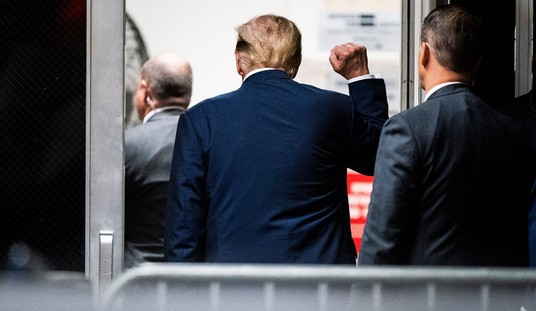


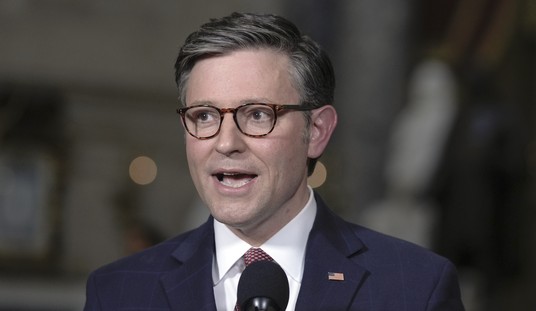


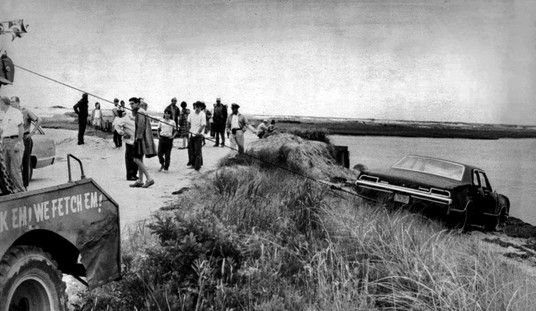
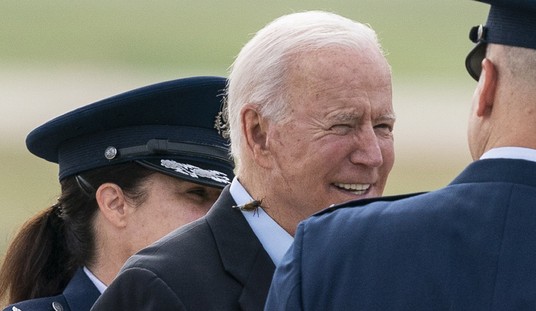
Join the conversation as a VIP Member